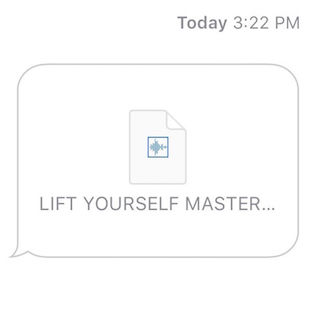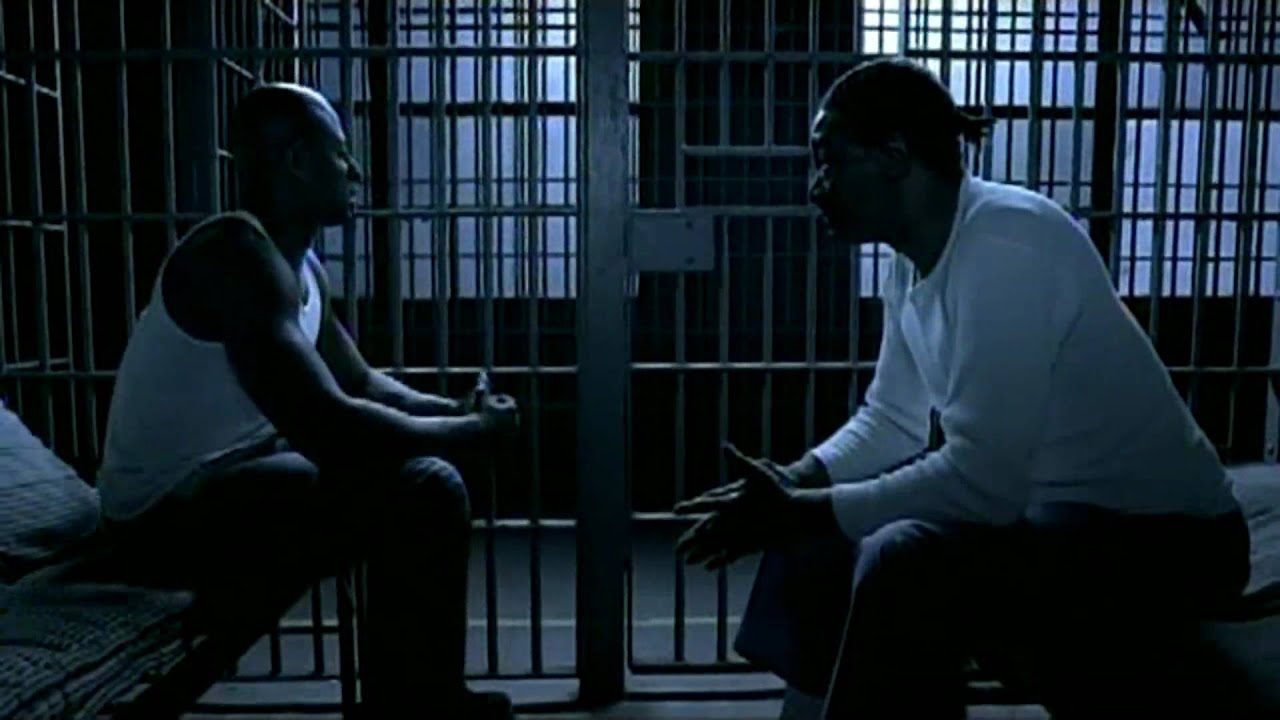
Art, at its core and by definition, is subjective. What one person loves or considers a masterpiece, many others may find as mediocre or even poor. In an ideal artistic case, it does not matter to the artist what people think of their work, only that it evokes a reaction. However, the reality is not that friendly to artists. Take, for example, the music industry. With the advent of streaming services like Spotify, hundreds of millions of people are able to access the music artist to create instantly. The more their song is listened to, the more Spotify recommends the song to others, creating a positive feedback loop for music which results in popular songs being seemingly everywhere after popping up overnight. Each time a user listens to a song, Spotify pays the artist a fraction of a cent, but multiplied over tens or hundreds of millions of listens is potential for huge payouts. However, if your song does not get a lot of early listens, then it is not promoted or recommended, and eventually gets lost in the non-stop stream of new music, and the artist gets nothing, regardless of the work they put into the songs.
All is to say, the music industry is cutthroat competitive. In genres such as Rap, where aggressive, confrontational personality types are rewarded, this competition for the listens and money can start real feuds between artists over their works. The hottest commodity in rap beats, which is basically considered everything you hear in a song besides the voice of the artist. A really good beat can make a song successful even with a poor or uninspired performance from the artist, so beats, before an artist raps over it, can be worth a lot of money. Kanye West, in particular, is a famous artist who also makes his beats and sells beats to other artists. In early 2018, Kanye allegedly agreed to sell one of his beats, using a speedup sample from the 1973 soul song “Liberty”, to another huge name in rapping: Drake. Drake was the 2nd biggest artist of the decade and was gunning for the top spot with a full-length album scheduled for summer 2018. Before the deal was finished, another artist Kanye was producing beats for, Pusha T, released his album, on which he insulted Drake and accused him of using a ghostwriter over Kanye beats. This was just the next shot in a long history of feuding between Pusha T and Drake. Drake responded with a “diss track” or a song with the sole purpose of addressing the insults and making some of his own. On his track “Duppy Freestyle”, Drake also goes after Kanye West for producing the Pusha beats, claiming Kayne has asked to borrow money from him.
It is at this point that I consider an art crime to be committed. In response to the Drake diss track, Pusha T made his own diss track, slamming Drake back and effectively ending the feud. But before he got it out, Kanye made his own response. He announced that he would release a new song, called “Lift Yourself” on Twitter, his first since 2016, which generated millions of digital reactions around the world. I myself remember being so excited to get out of class, plug in my earphones, and turn on the new Kanye song. A lovely soul beat kicks in, just asking to have two verses of fast, hard-hitting rap lyrics over it, but instead, it’s quiet, no lyrics at all. At about 1:30 in the song, it begins a long build, and the listener eagerly anticipates the drop and the verse that will accompany it. Then the following verse (from Genuis.com): “This next verse, this next verse though/These bars/Watch this some shit, go/Poopy-di scoop/Scoop-diddy-whoop/Whoop-di-scoop-di-poop/Poop-di-scoopty/Scoopty-whoop/Whoopity-scoop, whoop-poop/Poop-diddy, whoop-scoop…” and it continues in that pattern for another entire minute. Kanye took a beautiful customer beat and put nonsense on top of it and released it so Drake no longer could. Instead of getting to listen to a fully fleshed-out, well-written song combining Kanye’s soul style and Drake’s punchline flow, we only get to hear gibberish and imagine what could have been. The pride and pettiness of a feud killed a potentially great piece of music. Of course, what I consider to be an art crime is now being considered high art. The music critic magazine, “Rolling Stone” ran an 1800 word essay titled “Kanye West’s ‘Lift Yourself’ Isn’t as Bad as You Think” filled with high-minded music rhetoric about how the track is a clever homage to the early R&B artists who created “flows” with non-sensical repeated words, or how its an intelligent critic of modern “mumble” rap flows, which involve the rapper mumbling their lyrics to the point where the words are all but unintelligible. However, you view this polarizing track from 2018, it’s a good reminder of how fickle art is, and how small things can have big impacts on the works that make it into the public eye.







